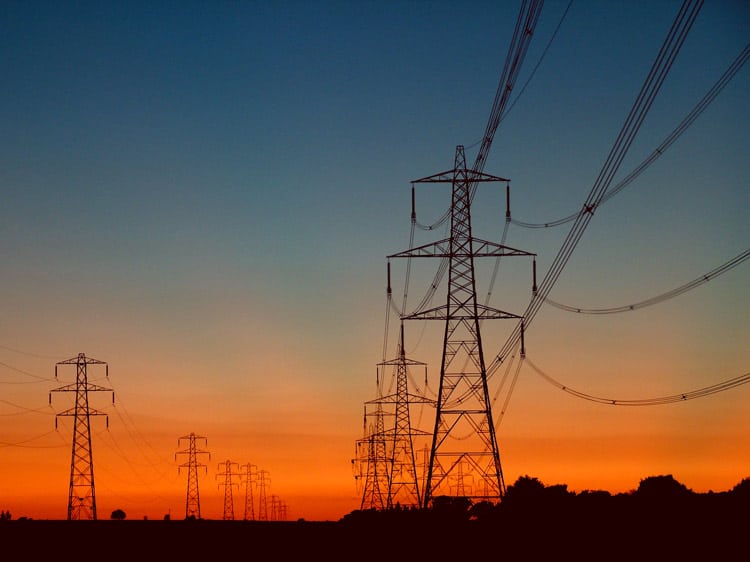
Let’s take a look at this article in the Eugene Press Register Guard from this morning. Note that our fellow blogger
Andy Stahl is also quoted in this piece.
Oregon Wild, a nonprofit conservation group also has submitted written comments, said Doug Heiken, who characterized previous efforts at revision as attempts to weaken the rules and limit public engagement.
“We want to keep the agency accountable and make sure the forests are focused on clean water and biodiversity and carbon storage and recreation and all the wonderful things that come from our national forests,” he said.
This started me thinking about the concept that John Rupe originally brought up on this blog as a critical component of the Rule- accountability.
My first question was “accountability for what?” Accountability generally sounds like a good idea (we don’t want a bunch of feds running around willy-nilly getting taxpayers’ money doing whatever they feel like). Nevertheless, if you asked our colleagues in the timber industry community- they would probably also like accountability- for meeting timber objectives in plans. Do they and Mr. Heiken mean the same thing by accountability? I doubt it.
Does accountability mean to you “if the FS agrees to do something, then it should do it?”Or “when Congress funds the FS to do something, they should do it” or ??? In the context of NFMA, when people such as Mr. Heiken bring it up, I think they mean “accountability is having viability in the NFMA regulations.” But if people disagree on what they want the FS to be accountable for, how can the FS “be accountable” to meet desires that may be inherently incompatible?
The Administration has set goals for agencies for GHG reduction. Will agencies not be “accountable” for that? Congress asks the agency to do many things through the budget process. Are we “accountable” for those? Is being taken to court the only way to get the agency to do something?
While I was ruminating on the various possible meanings of accountability, our Regional Forester gave us some information from their Safety Learning Trip to Los Alamos. Note: I may not have captured this accurately.
According to what I heard, the national leadership folks were talking about how to become a learning organization in terms of safety. One thing I wrote down was something like “accountability is seen as a codeword for culpability”. I think the idea is something along the lines of “if you think you are going to get beat up for an error, you aren’t going to report it.” That does not lead to a learning organization. Safety is an important thing our agency does, we want to be a learning organization. Environmental protection is an important thing our agency does, so we want to be a learning organization in terms of this as well. In the case of environmental protection, how does accountability mesh with being a learning organization?
We assume that people want to be safe, but make mistakes through cultural habits or for other reasons. Can’t we assume that people also want to protect the environment, and examine what keeps them from doing that?
So here are three questions- 1) What does FS accountability mean to you?
2) How does this fit (if it does) with the FS becoming a learning organization, or perhaps better, the FS plus collaborators becoming a “learning community”
3) Do the above thoughts have implications for a planning rule? If so, what are they?





